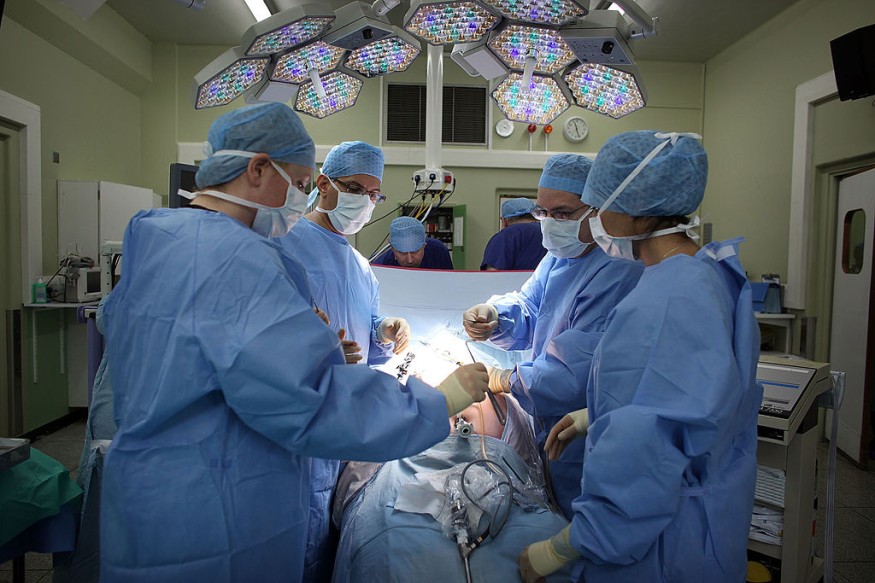
Sleeping is challenging after severe medical treatment like gall bladder surgery. But it's more crucial than ever during a period of rest and recovery. Your body is hard at work healing itself while you sleep! Your recuperation period will be considerably longer if you can't fall and remain asleep. You'll be unhappy the entire time.
What is Gallbladder?
According to Everlasting Comfort, the gallbladder is a little pear-shaped organ underneath your liver on the right side of your belly. The gallbladder's principal role is to store bile generated by the liver. Bile is a digestive fluid that helps break down fatty acids in meals in the small intestine.
Bile also aids in the disposal of waste materials from the body through bile production and feces evacuation. Despite the gallbladder's crucial role in our digestive system, it isn't required to digest and expel food, and you may survive without one.
Reasons for Gallbladder Surgery
According to Scripps, gallbladder surgery is one of the most prevalent procedures in the United States. According to national health data, hundreds of thousands of individuals have their gallbladders removed each year.
The most frequent reason for gallbladder removal surgery is gallstones or pebble-like deposits that occur in the organ. They form when bile gets solid due to excess cholesterol or salt. Gallstones become a concern when they go outside of the gallbladder and obstruct bile flow.
How to Sleep Well After Gallbladder Surgery
As you recover from your operation, it's important to have a plan in place for how you'll get some rest after your gallbladder has been removed. Hence, Healthline shared some tips on how to sleep well after surgery.
Skip heavy meals before sleeping
There is no special diet you must follow after having your gallbladder removed, and heavy meals may not appeal to you in the days after your operation.
Stick to modest, light meals that are easy to digest and don't enlarge your stomach when you attempt to sleep after surgery to prevent dealing with gas or digestive distress on top of other difficulties.
Bananas, crackers, and soup are all healthy choices. To encourage good digestion, limit your intake of fatty meats, processed meals, and alcohol.
Follow your doctor's advice
Your doctor will give you specific instructions on how (and when) to begin exercising following surgery. Any form of strenuous or intensive activity is banned in the first several days after surgery.
However, taking a short stroll during the day might help reduce bloating, improve circulation, and make you feel better.
Essential oils to the rescue
When used in conjunction with conventional treatment, aromatherapy can help lower your feeling of pain during the healing process.
You may use an oil diffuser to disperse the scents of rosemary, lavender, chamomile, or eucalyptus oil where you sleep to help you relax and sleep better.
Have a better sleeping environment in your bedroom
When recovering from any form of surgery, it's critical to have a clean, relaxing place to rest while you recuperate.
If you have time to prepare your bedroom before your operation, invest in blackout curtains and moisture-wicking linens to create a dark, peaceful environment.
Before you lie down, make sure you have a drink of water, your phone charger, and any other items on a nearby accessible surface, as getting up and out of bed several times may ache. To reduce nighttime disruptions, you might use an eye mask and noise-canceling earplugs.
Sleep on your left or backside
Your incisions for gallbladder surgery will be on the right side of your belly, where your gallbladder is located. If you can avoid resting directly on your incisions, you may be able to relieve some of the pressure and discomfort.
If you're able, sleep on your back. Sleep on your left side if you have to sleep on your side.
RELATED ARTICLE : Irritable Bowel Syndrome: 39-Year-Old Woman With Terminal Illness Misdiagnosed Due to IBS and Colon Cancer's Similar Symptoms
Check out more news and information on Medicine and Health in Science Times.












